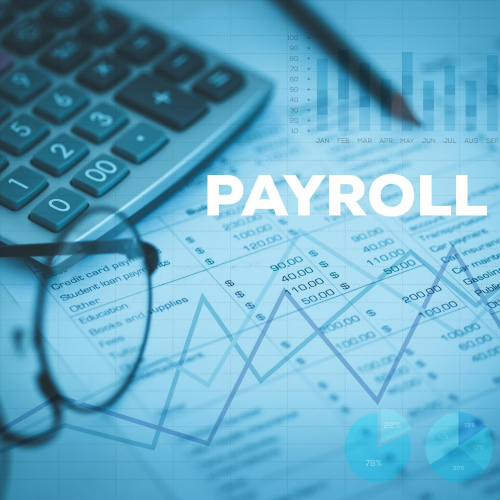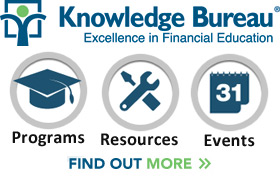
Understanding the OAS Clawback
Seniors don’t take kindly to the clawback of their OAS (Old Age Security) especially in these inflationary times, but this can happen, especially if there was an unusual receipt of income during the past calendar year. Here’s what you need to know to explain the consequences for 2025 and 2026:Payroll Penalties You Need to Know About
 When a business hires an employee, it is important for that employee to be “formally” hired, that is with a role description, a rate of pay or salary level and a statement of expectations that define the relationship between the employer and employee, all well documented and filed in case of audit from the CRA. This is particularly important post-COVID, as CRA will be auditing the Canada Emergency Wage Supplement (CEWS) payments businesses received, right up to the end of 2023. But it is also very important if you have hired family members.
When a business hires an employee, it is important for that employee to be “formally” hired, that is with a role description, a rate of pay or salary level and a statement of expectations that define the relationship between the employer and employee, all well documented and filed in case of audit from the CRA. This is particularly important post-COVID, as CRA will be auditing the Canada Emergency Wage Supplement (CEWS) payments businesses received, right up to the end of 2023. But it is also very important if you have hired family members.
Immediate Expensing of Capital Asset for CCPCs
 In the last federal budget, the government proposed to allow Canadian Controlled Private Corporations to claim 100% CCA in the year of acquisition for assets purchased after April 18, 2021, to a maximum of $1,500,000. However, legislation has yet to be introduced to implement that change. That’s turning out to be a big problem for tax advisors and their clients. Here’s why:
In the last federal budget, the government proposed to allow Canadian Controlled Private Corporations to claim 100% CCA in the year of acquisition for assets purchased after April 18, 2021, to a maximum of $1,500,000. However, legislation has yet to be introduced to implement that change. That’s turning out to be a big problem for tax advisors and their clients. Here’s why:
Tax Efficient Ways to Obtain Funds from Your Small Business
 Small businesses are critical to the health of the Canadian economy. According to a recent study by the Government of Canada, small businesses (1-99 employees as defined by the Government) represented 97.9% of all enterprises in Canada. According to the same study, these businesses employed 8.4 million individuals in 2019 or 68.8% of the private labour force. In addition, small business contributed 41.9% to the Gross Domestic Product generated by the private sector in 2016. Now that we are in past-pandemic mode, understanding the needs of small businesses will pay off in better tax and financial planning solutions.
Small businesses are critical to the health of the Canadian economy. According to a recent study by the Government of Canada, small businesses (1-99 employees as defined by the Government) represented 97.9% of all enterprises in Canada. According to the same study, these businesses employed 8.4 million individuals in 2019 or 68.8% of the private labour force. In addition, small business contributed 41.9% to the Gross Domestic Product generated by the private sector in 2016. Now that we are in past-pandemic mode, understanding the needs of small businesses will pay off in better tax and financial planning solutions.




